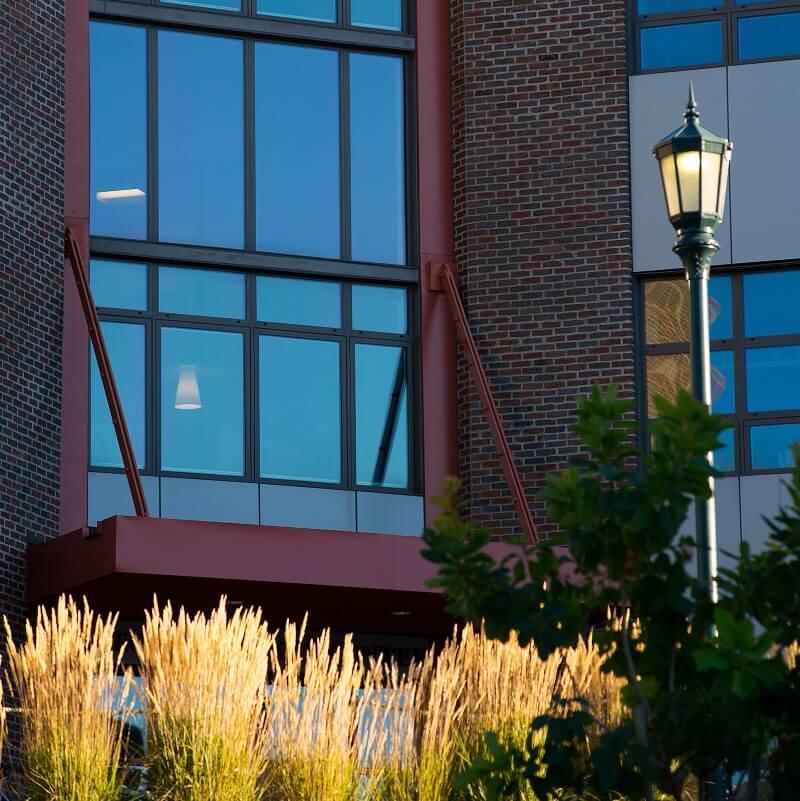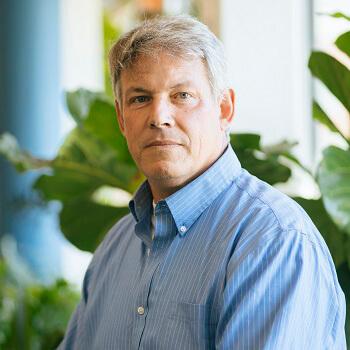Our History
The University of Vermont has long recognized the importance of providing educational opportunities in the environment, with forestry courses dating back to 1888. Since then the natural resource curricula evolved until, in 1973, the School of Natural Resources (SNR) was established as one of nine degree-granting units within UVM.
In 2003, the School became the Rubenstein School of Environment and Natural Resources (RSENR), the first named and endowed academic unit at the University, following a generous gift from the late Steve (UVM, 1961) and Beverly Rubenstein of New Vernon, New Jersey, and their family. Steve was a charter member of the Rubenstein School Board of Advisors, and his wife, Beverly, and son, Andy, are currently members.
Our Community
The School has been housed in the George D. Aiken Center since 1982. In addition to the Aiken Center, the Rubenstein School campus has expanded to include members of the Environmental Program, the Rubenstein Ecosystem Science Laboratory, and the USDA Forest Service Northern Research Station. We also maintain many other special partnerships. Our School is home to more than 900 undergraduates and more than 100 full and part-time Master’s and Ph.D. students, more than 10 post-doctoral associates, nearly 50 full-time faculty members, and nearly 50 research and administrative staff. Our alumni now number over 6000.
UVM Land Acknowledgement
The campus of the University of Vermont sits within a place of gathering and exchange, shaped by water and stewarded by ongoing generations of Indigenous peoples, in particular the Western Abenaki.
Acknowledging the relations between water, land, and people is in harmony with the mission of the university. Acknowledging the serious and significant impacts of our histories on Indigenous peoples and their homelands is a part of the university’s ongoing work of teaching, research, and engagement and an essential reminder of our past and our interconnected futures for the many of us gathered on this land.
UVM respects the Indigenous knowledge interwoven in this place and commits to uplifting the Indigenous peoples and cultures present on this land and within our community.

